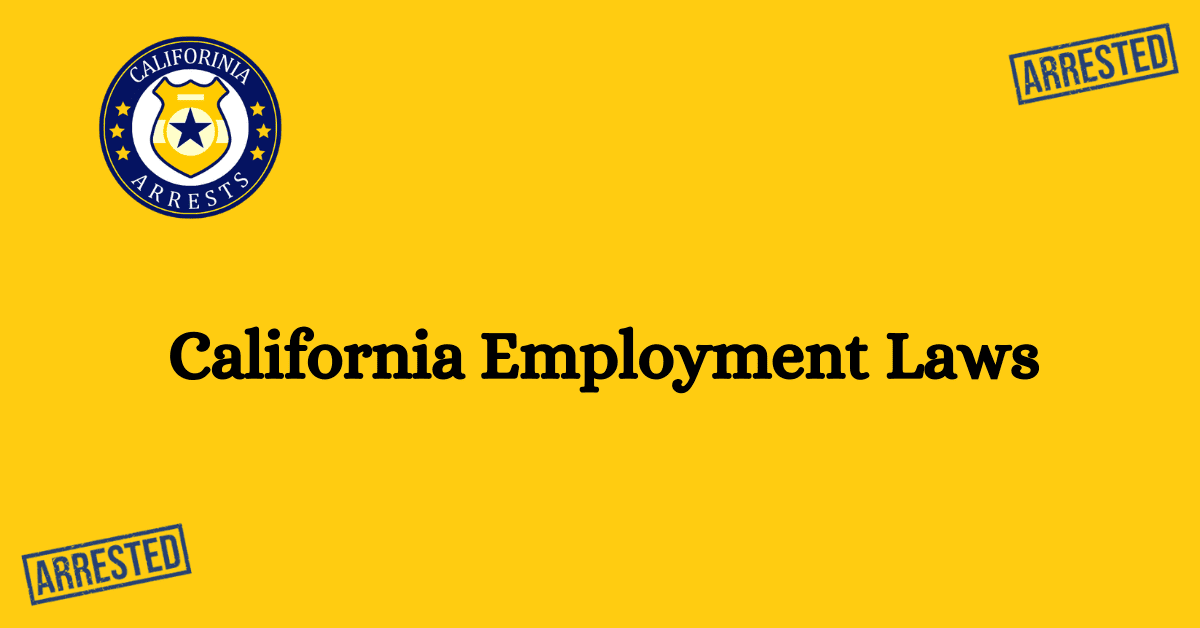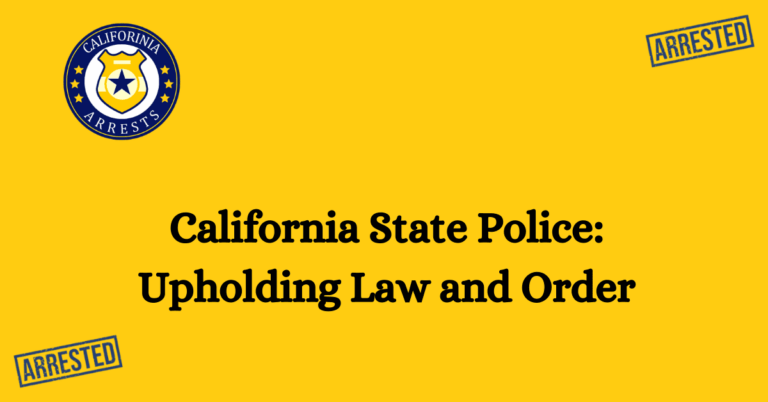California Employment Laws
California Employment Laws are a comprehensive set of regulations and statutes that govern the rights and responsibilities of both employers and employees within the state. These laws cover a wide range of topics, including minimum wage, overtime pay, discrimination, harassment, and workplace safety.
With the goal of ensuring fair and equitable treatment for all workers, California Employment Laws are designed to protect employees from unfair practices and provide them with the necessary tools to assert their rights. From the right to a safe and healthy work environment to the right to fair compensation, these laws set the standards for workplace fairness and equality.
Understanding Minimum Wage Laws
One of the key areas covered by California Employment Laws is minimum wage. These laws ensure that employees receive a fair and livable wage for their work. Minimum wage regulations are regularly updated to keep up with the cost of living and ensure that workers are not being exploited.
It is important for both employers and employees to be aware of the current minimum wage rates in California. By understanding these laws, employers can avoid legal issues and employees can ensure they are being paid fairly for their work.
Protecting Against Discrimination and Harassment
California Employment Laws also address the important topics of discrimination and harassment in the workplace. These laws prohibit discrimination based on factors such as race, gender, age, religion, and disability. They also protect employees from harassment, including sexual harassment.
Employers have a responsibility to create a safe and inclusive work environment that is free from discrimination and harassment. By enforcing these laws, California aims to promote equality and ensure that all individuals have the opportunity to thrive in the workplace.
Ensuring Workplace Safety
Workplace safety is another crucial aspect covered by California Employment Laws. These laws outline the necessary safety standards that employers must meet to protect their employees from harm. This includes providing proper training, maintaining a safe physical environment, and implementing protocols for handling emergencies.
By prioritizing workplace safety, California aims to prevent accidents and injuries in the workplace. Employers must take the necessary steps to ensure the well-being of their employees and create a culture of safety within their organizations.
Understanding Overtime Pay Regulations
Overtime pay regulations are an essential part of California Employment Laws. These regulations determine how much employees should be compensated for working additional hours beyond the standard workweek. Employers are required to pay a higher rate for overtime hours, providing fair compensation for the extra effort put in by their employees.
Employees should be aware of their rights regarding overtime pay to ensure they are receiving the appropriate compensation for their work. By understanding these regulations, workers can protect themselves from being taken advantage of and ensure they are being fairly compensated.
The Importance of Workplace Fairness and Equality
California Employment Laws play a vital role in promoting workplace fairness and equality. These laws are designed to protect employees from unfair practices and create a level playing field for all individuals in the workforce.
By upholding these laws, California aims to foster a work environment that values diversity, respects individual rights, and provides equal opportunities for all. It is crucial for both employers and employees to understand and adhere to these laws to create a fair and inclusive workplace.
FAQs
What are the minimum wage laws in California?
In California, the minimum wage is currently set at $14 per hour for employers with 26 or more employees, and $13 per hour for employers with 25 or fewer employees.
What is the overtime pay rate in California?
In California, employees are entitled to overtime pay when they work more than 8 hours in a day or 40 hours in a week. Overtime pay is calculated at a rate of 5 times the regular hourly rate.
What are the rules for paid sick leave in California?
Under California law, most employees are entitled to paid sick leave. Employees accrue 1 hour of paid sick leave for every 30 hours worked, up to a maximum of 48 hours per year.
Are employers required to provide health insurance in California?
California does not have a state-wide requirement for employers to provide health insurance. However, the Affordable Care Act (ACA) requires certain employers to offer health insurance to their employees.
What are the rules for termination and severance pay in California?
In California, employment is generally at-will, which means that employers can terminate employees at any time and for any reason, as long as it is not discriminatory or retaliatory. There is no state law requiring employers to provide severance pay.







